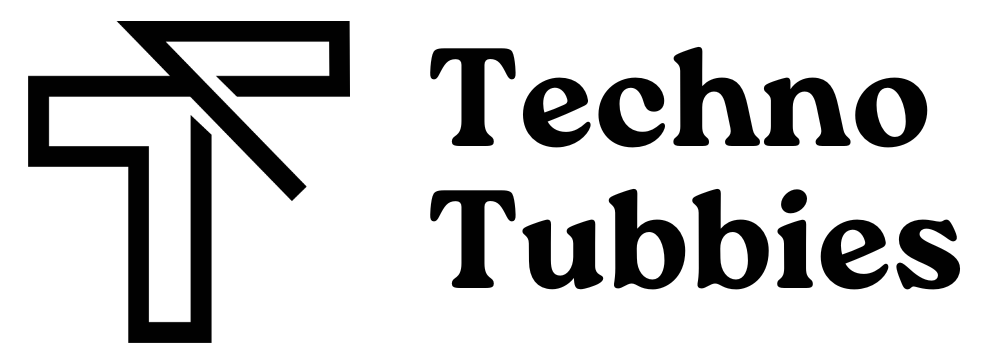
On the heels of the debut of its Bedrock service for building generative AI apps, Amazon has launched a new enterprise plan for CodeWhisperer, its AI-powered service to generate and suggest code.
The new plan, aptly called CodeWhisperer Enterprise Tier, introduces new functionality that allows a company to integrate their internal codebases and resources to have CodeWhisperer provide custom recommendations to developer teams.
As Amazon explains in a press release, an admin using the CodeWhisperer Enterprise Tier can connect CodeWhisperer to a private code repository, after which CodeWhisperer will learn the repository and adjust its suggestions accordingly. Customizations can be managed from a console, from where admins also have the ability to view evaluation metrics, estimate how each customization will perform and selectively deploy them to developers so they don’t widely expose proprietary code.
Customization will initially be available in preview as part of the CodeWhisperer Enterprise Tier, Amazon says.
CodeWhisperer Enterprise Tier marks Amazon’s latest expansion of CodeWhisperer, which launched in late June as a part of the AWS IDE Toolkit and AWS Toolkit IDE extensions in a response, of sorts, to GitHub Copilot.
In April, Amazon made CodeWhisperer free of charge to developers without any usage restrictions. That month also saw the launch of CodeWhisperer Professional Tier, which added single sign-on with AWS Identity and Access Management integration as well as higher limits on scanning for security vulnerabilities.
Code-generating services haven’t escaped the controversy that’s arisen around other generative AI technologies.
In many cases, the models underpinning code-generating services such as CodeWhisperer are trained on code that’s copyrighted or under a restrictive license. Vendors claims that fair use — the doctrine in U.S. law that permits the use of copyrighted material without first having to obtain permission from the rights holder — protects them in the event that the models was knowingly or unknowingly developed on copyrighted code. But not everyone agrees.
Vendors’ liability aside, some legal experts have argued that code-generating services could put companies at risk if they were to unwittingly incorporate copyrighted suggestions from the tool into their production software.
Amazon’s attempt to mitigate all this is a feature in CodeWhisperer that highlights and optionally filters the license associated with functions it suggests that bear a resemblance to snippets found in its training data. The company makes it clear, too, that it doesn’t — and won’t — use any customer-specific customizations for future CodeWhisperer model training and that it won’t store or log customer content when handling requests from a developer’s IDE.



